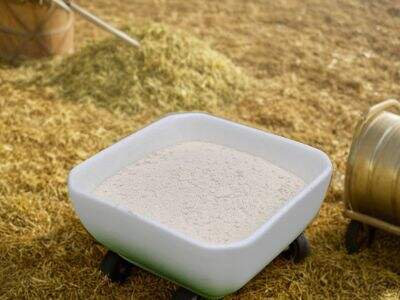The first aspect when taking care of our gardens is the fertilizer we use. There are actually two main types of fertilizers: liquid fertilizer and granular fertilizer. Each has its good and bad points, so let’s see which one may be best suited to your garden.
Liquid Fertilizer: The Quick Option If you are in a hurry to feed your lawn, consider using Liquid Fertilizer.
There are good reasons why liquid fertilizer is a favorite of many gardeners. One huge advantage is that it is quick. When you spray your plants with liquid fertilizer, they can absorb the nutrients they need to grow strong and lush in a matter of minutes. Liquid fertilizer is simple to apply as well. You can dilute it with water and douse your plants using a watering can or sprayer.
But there are also some downsides to liquid fertilizer. One disadvantage is that you will need to apply it more frequently compared to the granular fertilizer. This translates to possibly: more time spraying liquid fertilizer on your garden. Second, liquid fertilizer is often more expensive than granular, which not all gardeners who are, for instance, thrifty, may find ideal.
Granular Fertilizer: The Durable Decision Granular fertilizer is definitely the long-lasting of the two and is the choice of many gardeners.
Granular fertilizer is another choice that is favored by gardeners. One great thing about it is that it lasts a long time." As you sprinkle granular fertilizer in your garden, it slowly filters into the soil and slowly discharges nutrients into the soil. Which means you don’t need to apply it as often as liquid fertilizer, which will save you time and effort.
Another great thing about granular fertilizer is how easy it is to store. You can store a bag of it in your shed or garage and just use it when you need to. Granular fertilizer is also more resistant to being washed away in the rain, which can happen with liquid fertilizer.
Still, there’s the bad with the good of granular fertilizer. One disadvantage is that it is slow to be absorbed by plants, unlike liquid fertilizer. That means it could take longer for your plants to receive nutrients they need to grow. And, spreading granular fertilizer evenly can be a little trickier, which could lead some plants to get more nutrients than others.
Which One Should You Choose?
Liquid vs granular fertilizers Ultimately liquid and granular fertilizers both have their pluses and minuses. Cost, ease of use and what your plants require should all be taken into consideration when picking out a fertilizer for your garden. Whether you choose liquid fertilizer or granular fertilizer, what matters is providing your plants with the nutrients they need to thrive.
 EN
EN
 AR
AR
 FR
FR
 KO
KO
 PT
PT
 RU
RU
 ES
ES
 ID
ID
 SW
SW
 BN
BN

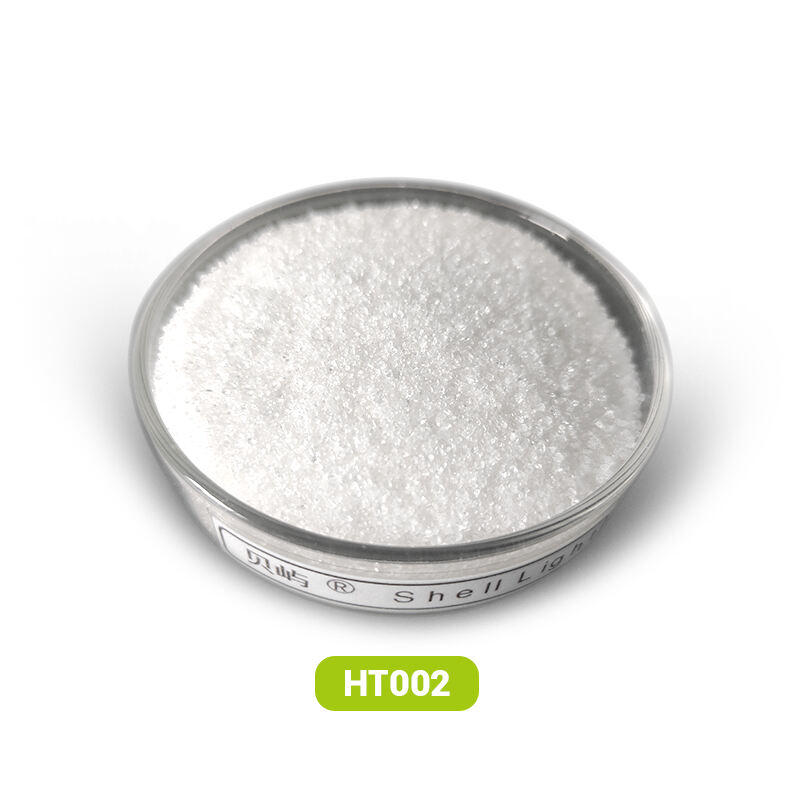 Super Water Absorbent Polymer Potassium Polyacrylate
Super Water Absorbent Polymer Potassium Polyacrylate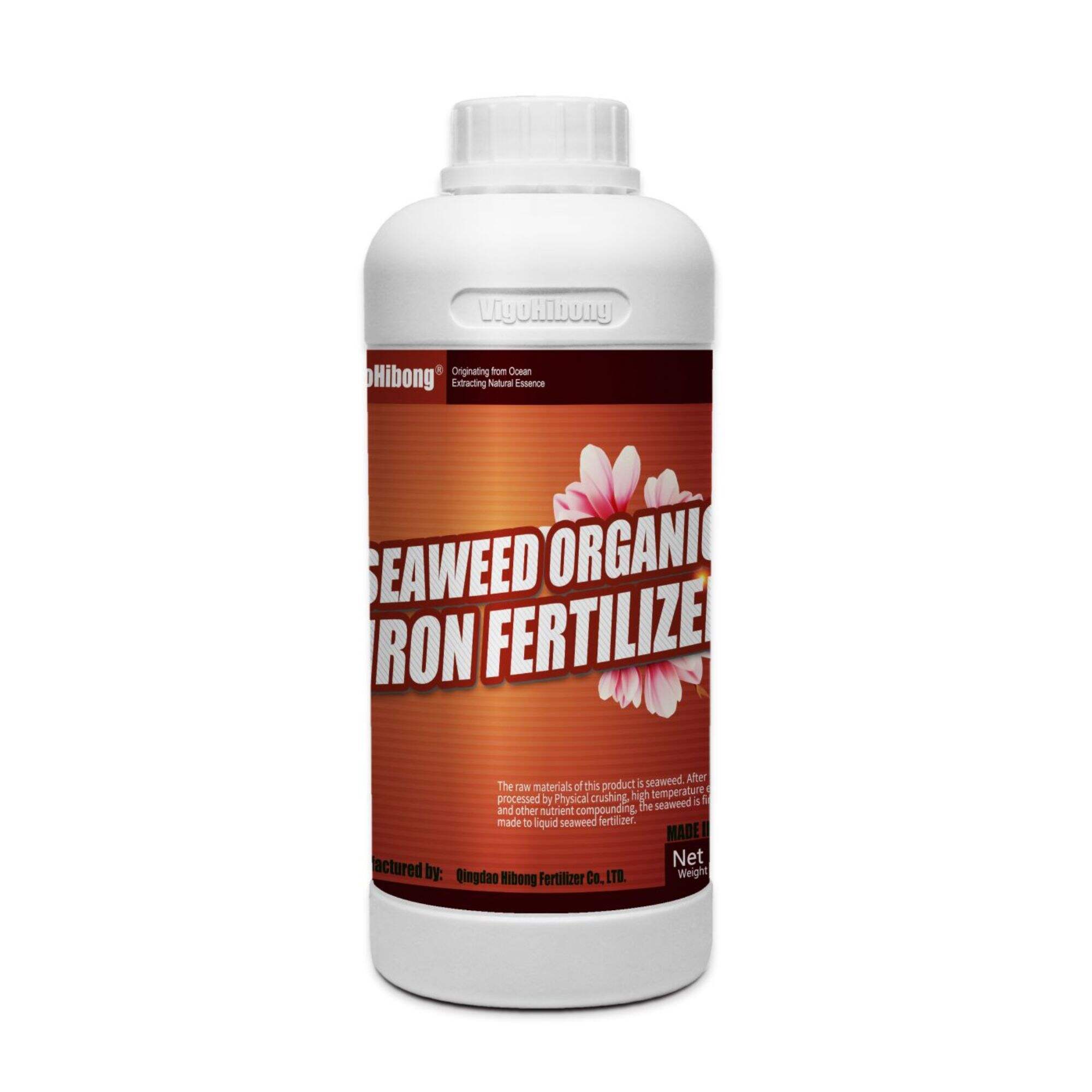 SEAWEED CHELATED IRON LIQUID FERTILIZER
SEAWEED CHELATED IRON LIQUID FERTILIZER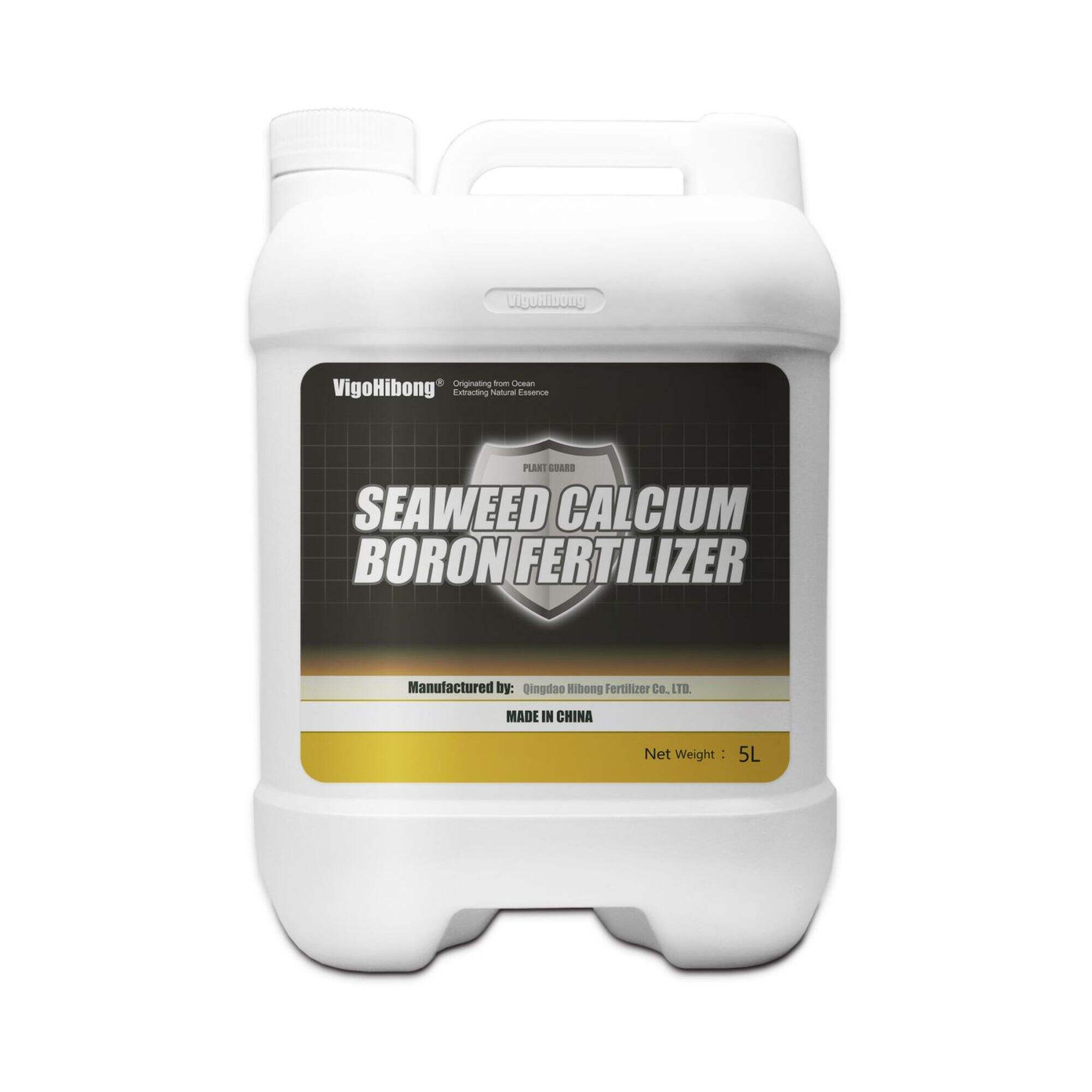 Seaweed Calcium Magnesium Liquid Fertilizer
Seaweed Calcium Magnesium Liquid Fertilizer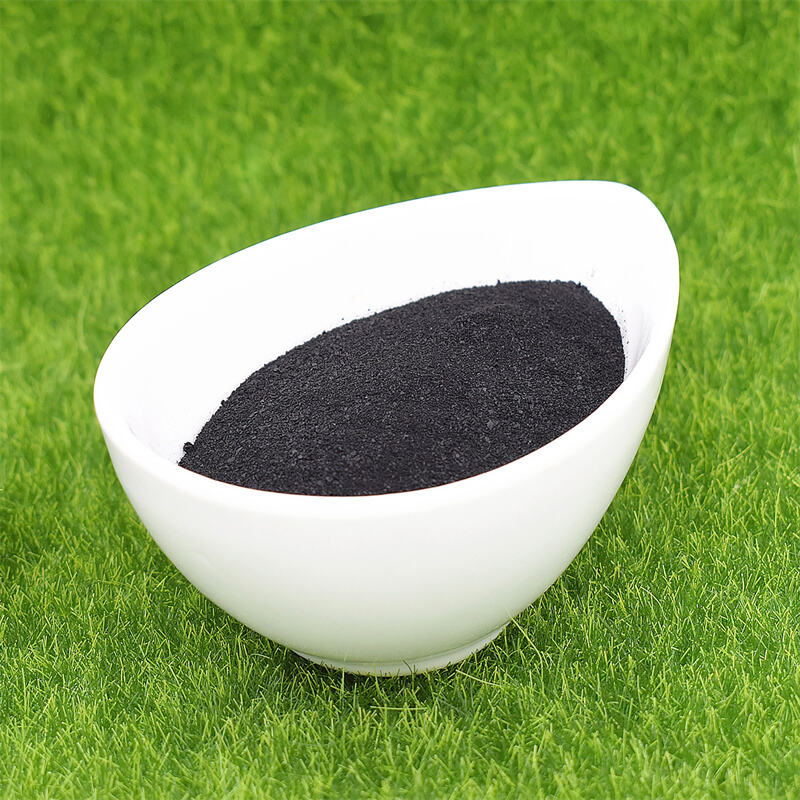 Seaweed Extract Powder
Seaweed Extract Powder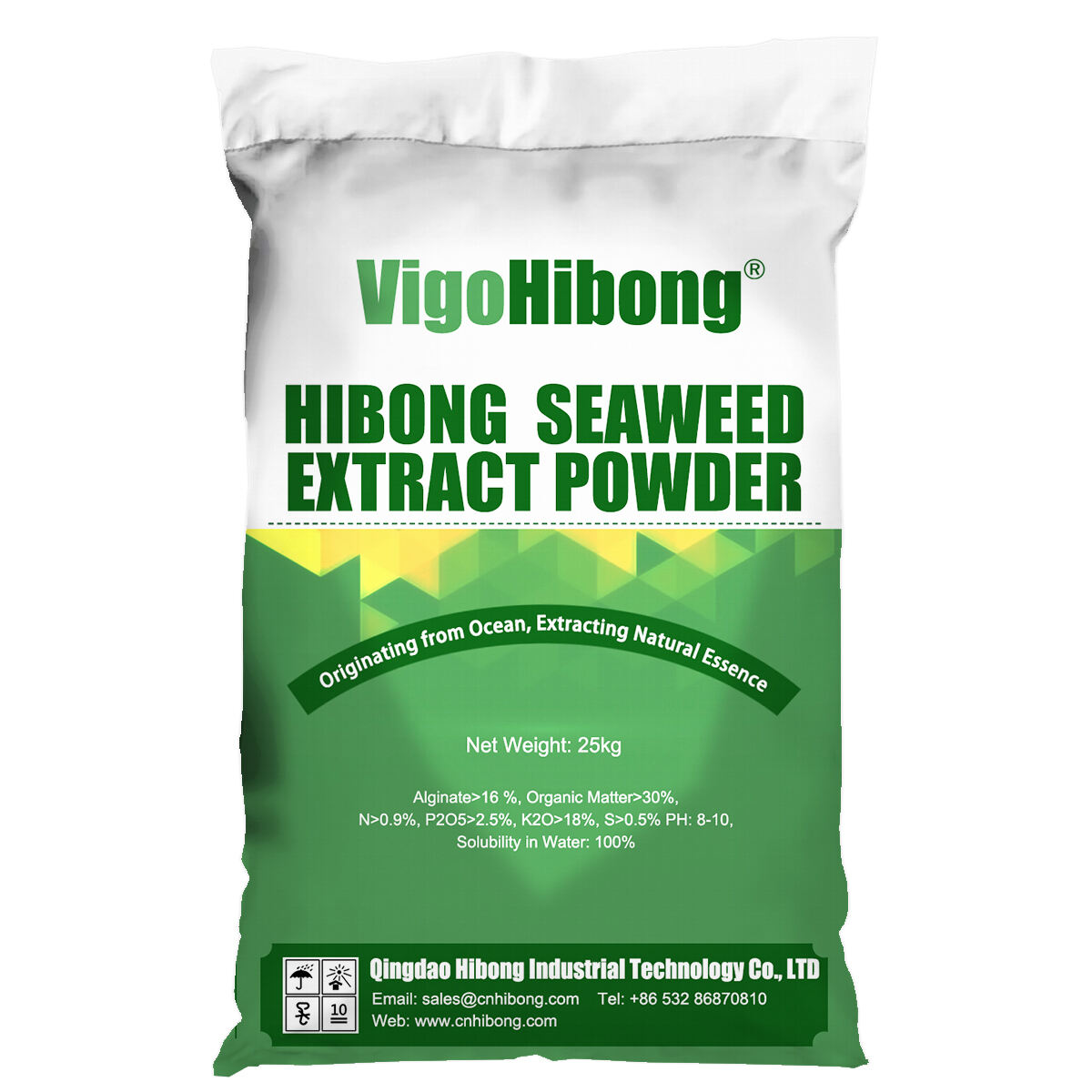 Seaweed Extract Flake
Seaweed Extract Flake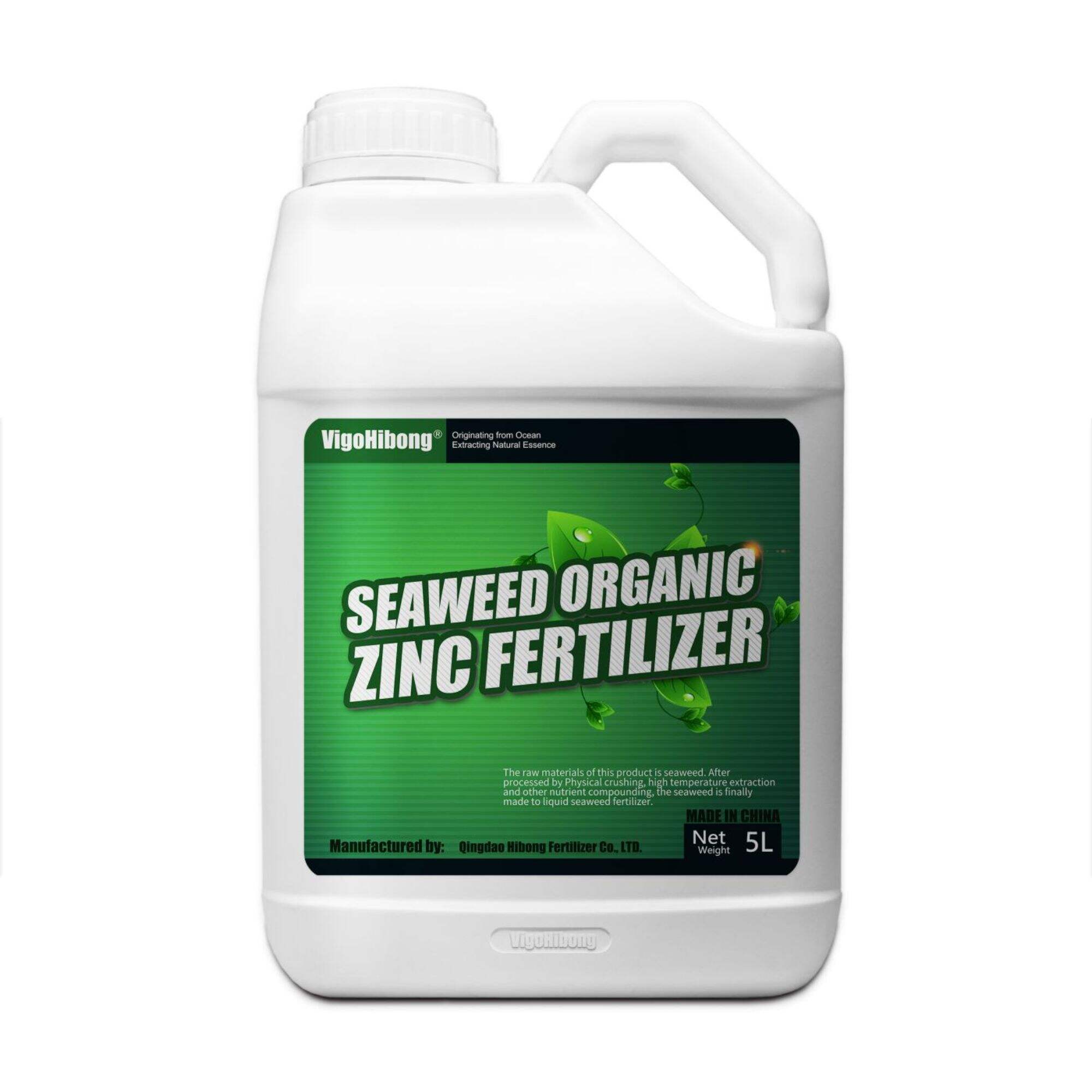 Seaweed Znic Liquid Fertilizer
Seaweed Znic Liquid Fertilizer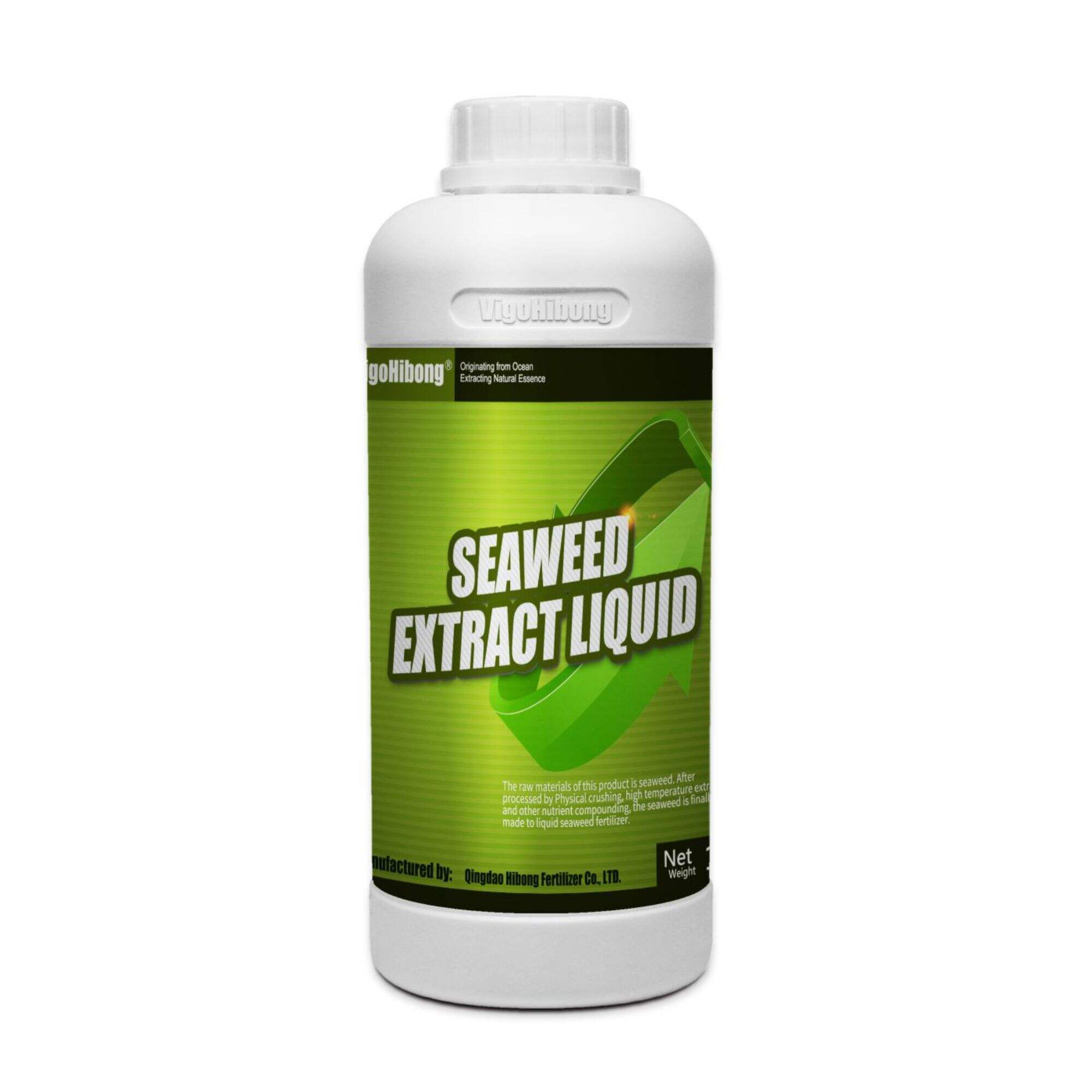 Seaweed Liquid Silicon Fertilizer
Seaweed Liquid Silicon Fertilizer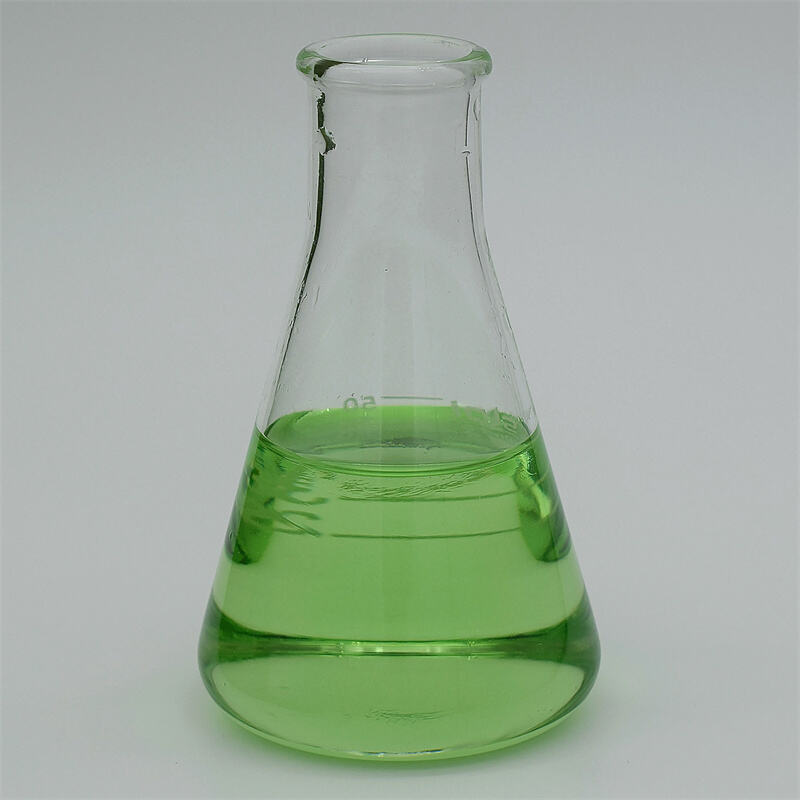 Liquid Seaweed Fertilizer
Liquid Seaweed Fertilizer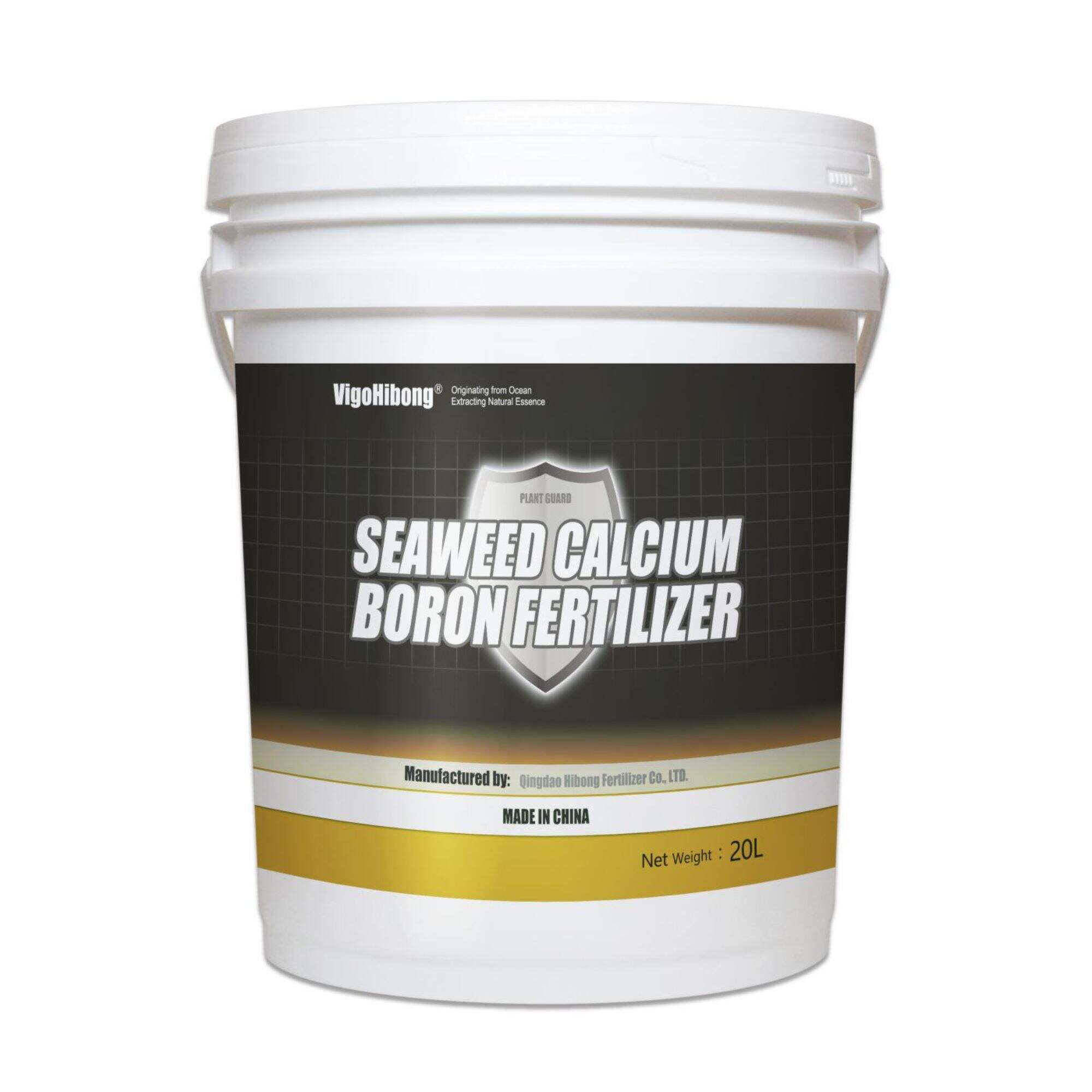 Seaweed Organic Liquid Calcium Boron Fertilizer
Seaweed Organic Liquid Calcium Boron Fertilizer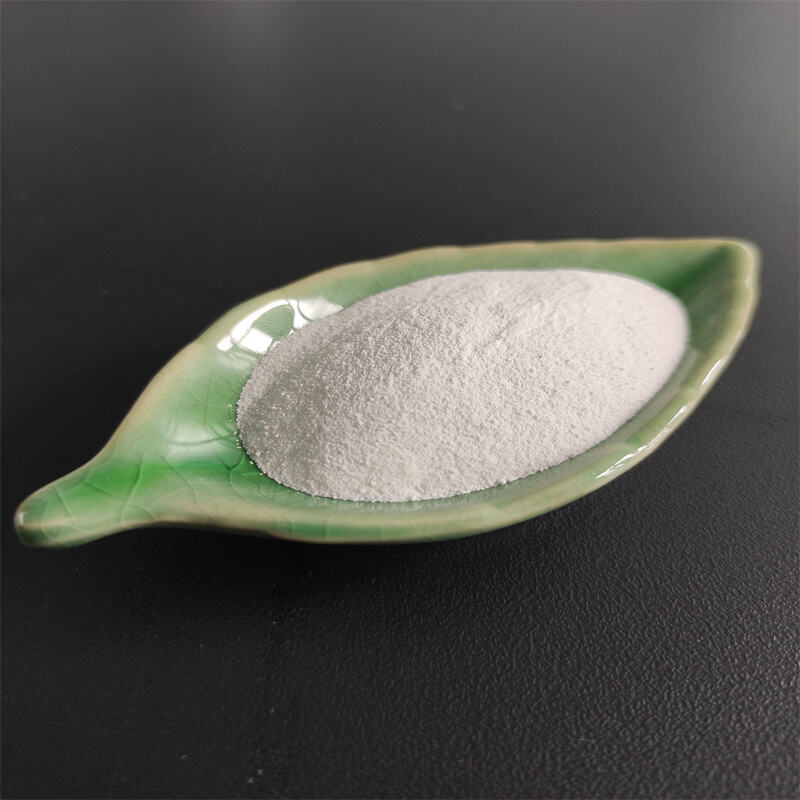 L-Cystine
L-Cystine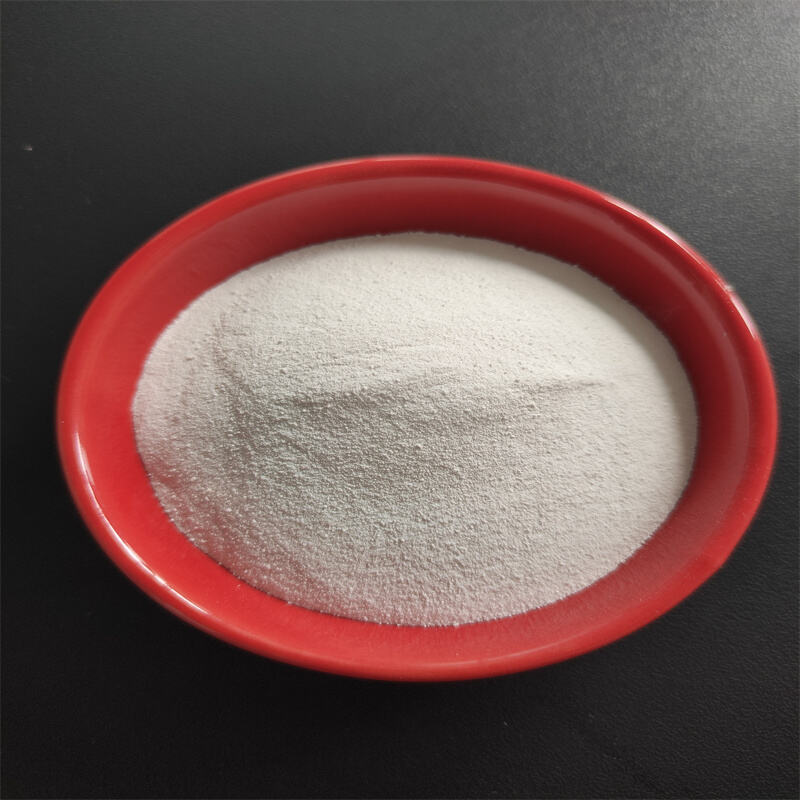 L-leucine
L-leucine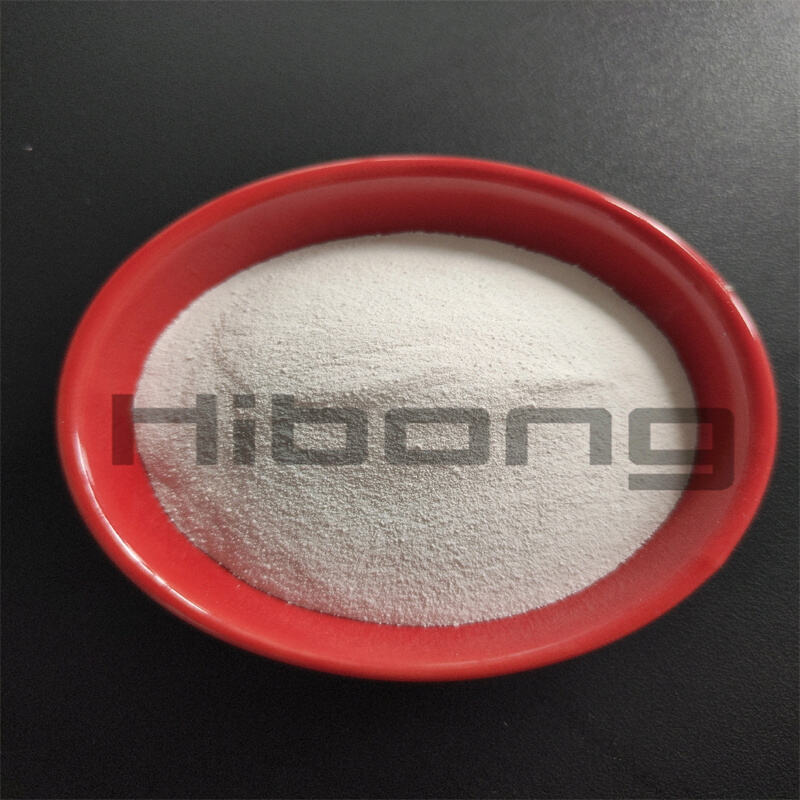 L-Cysteine
L-Cysteine 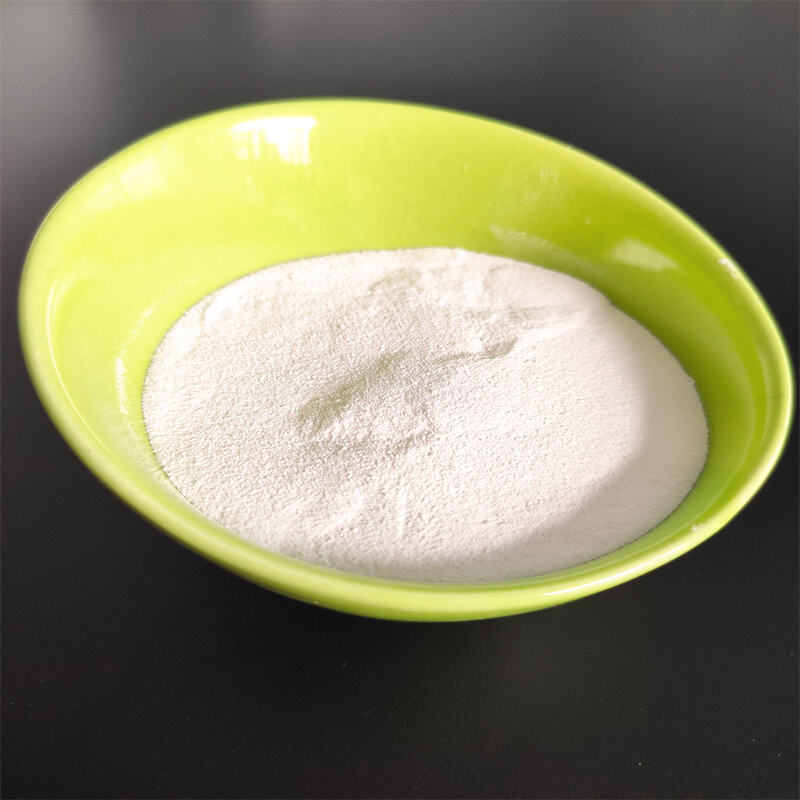 L-Arginine
L-Arginine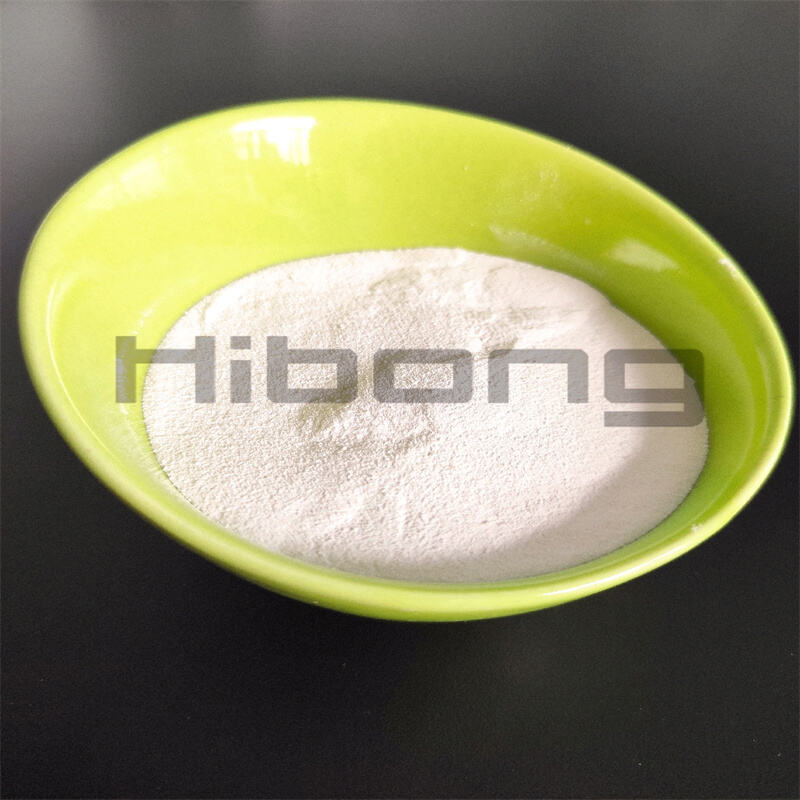 L-Lysine
L-Lysine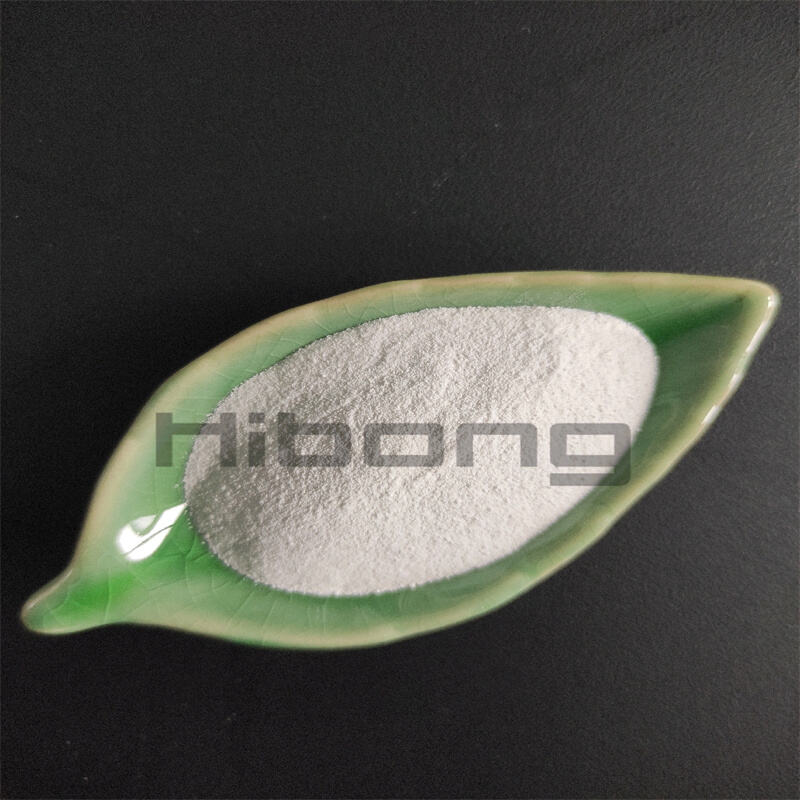 L-Thioproline
L-Thioproline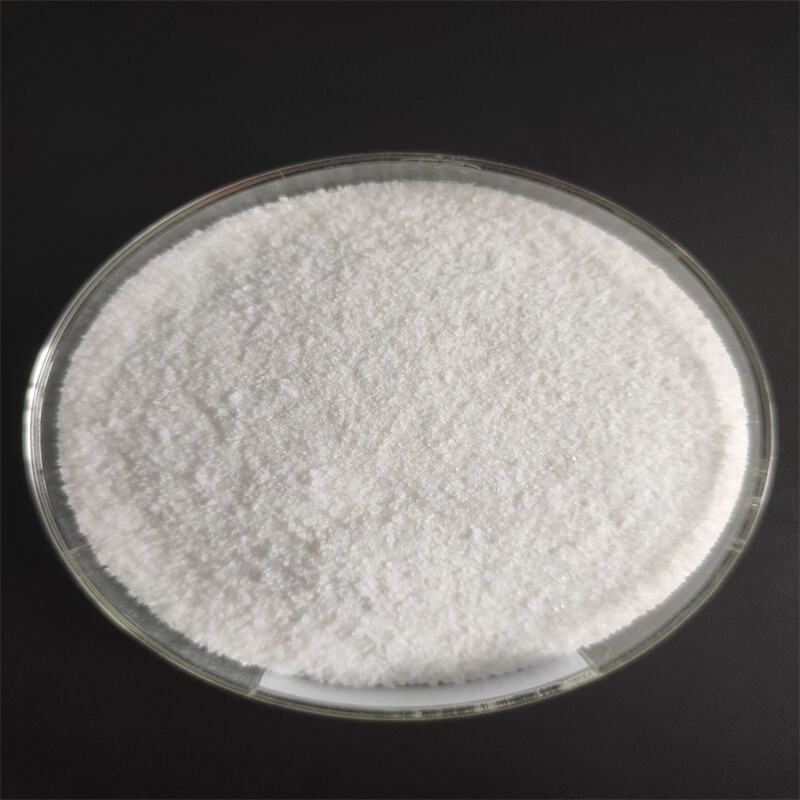 Aluminium sulphate
Aluminium sulphate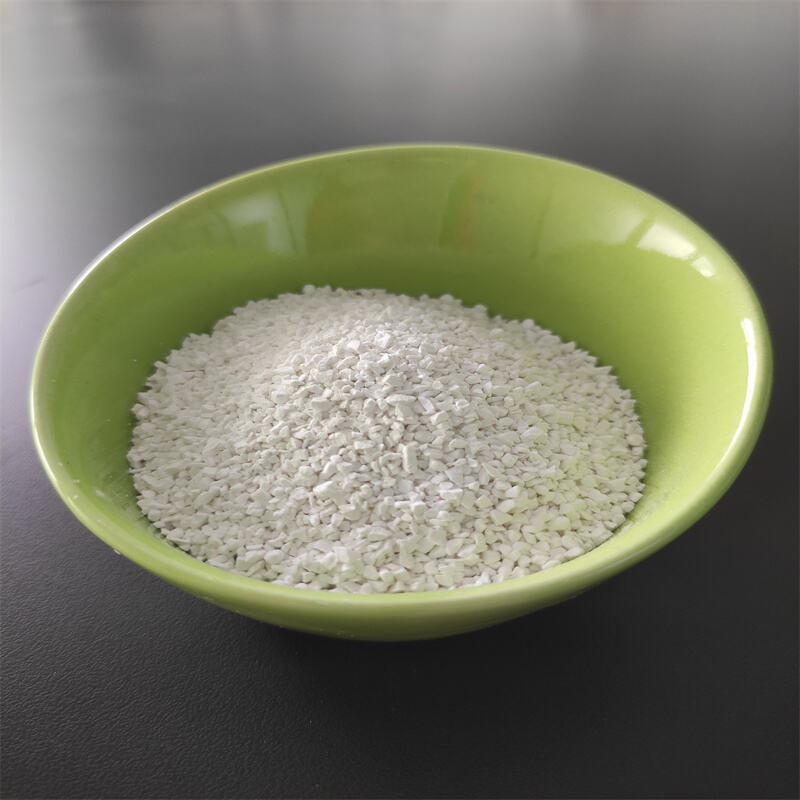 Calcium hypochlorite
Calcium hypochlorite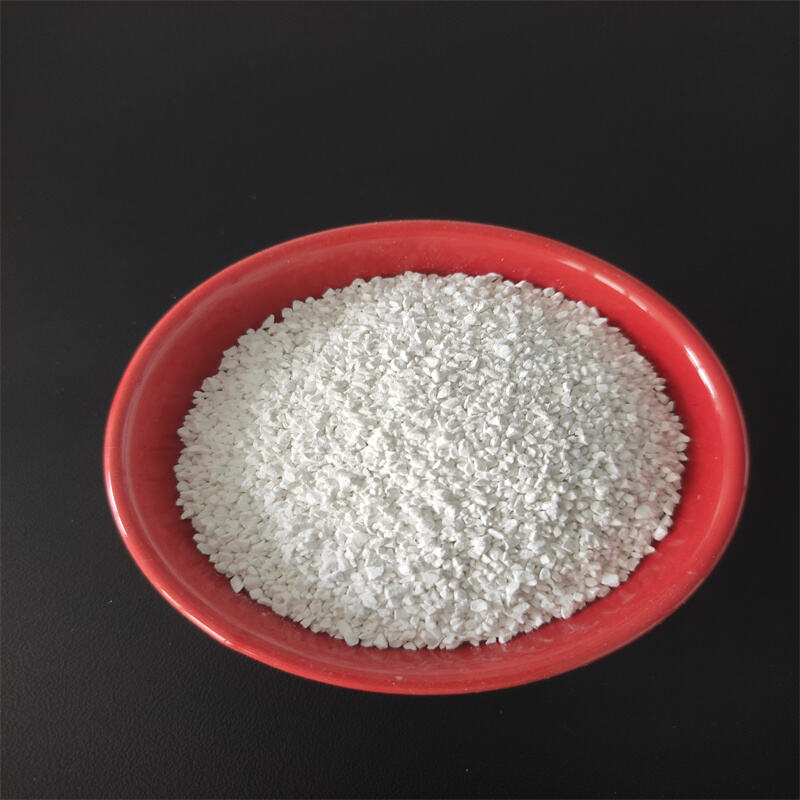 Chlorine dioxide
Chlorine dioxide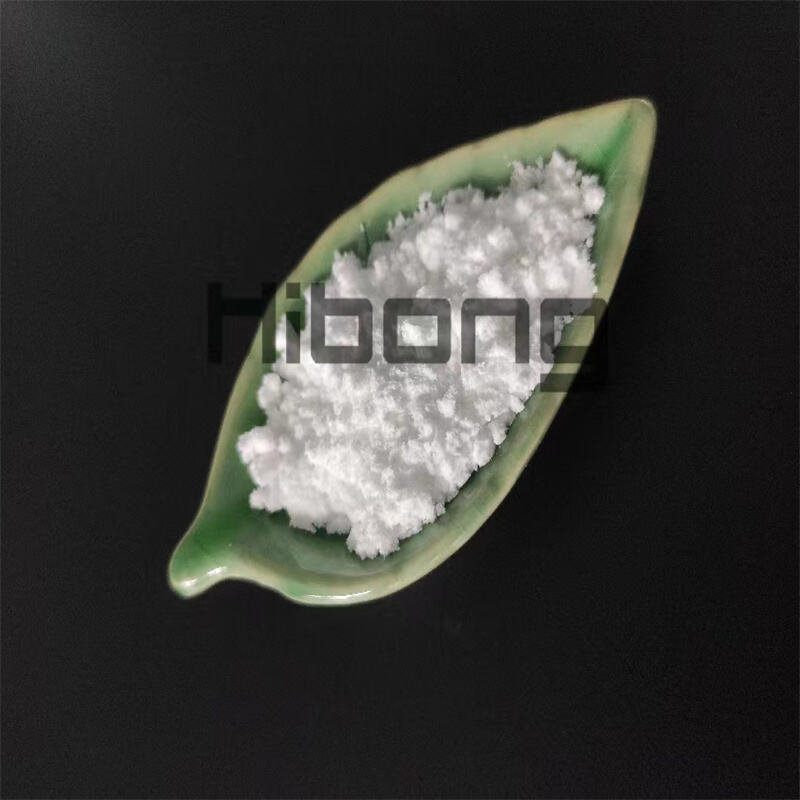 Cyanuric acid
Cyanuric acid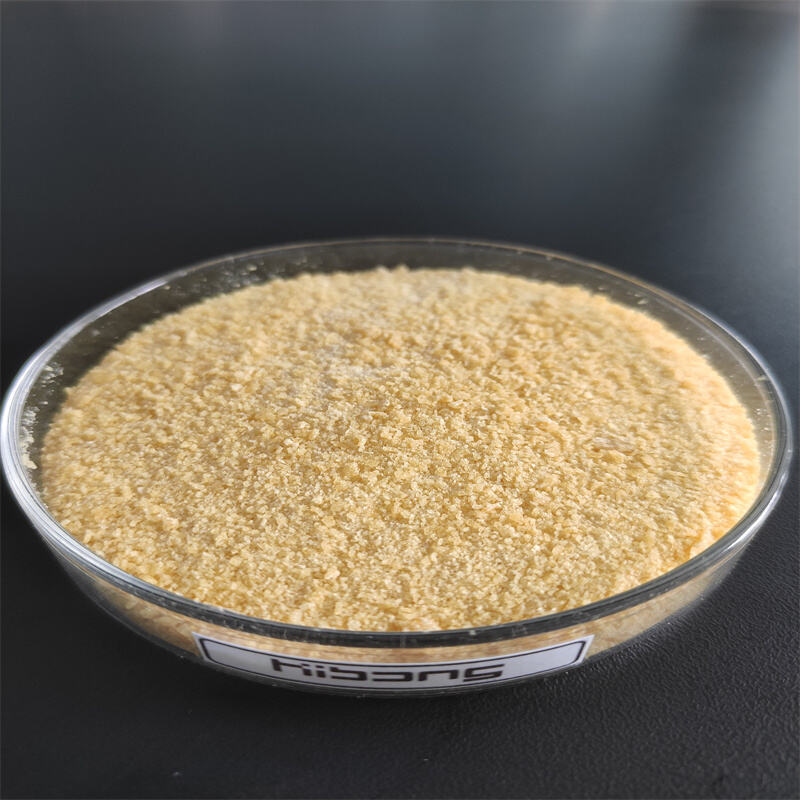 Polyaluminum Chloride
Polyaluminum Chloride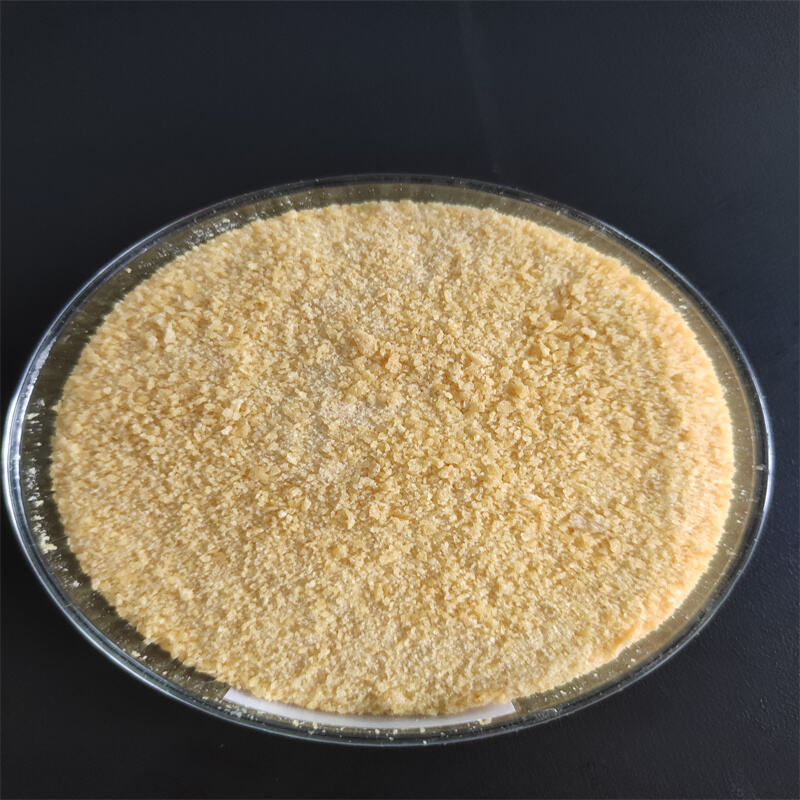 Polyacrylamide
Polyacrylamide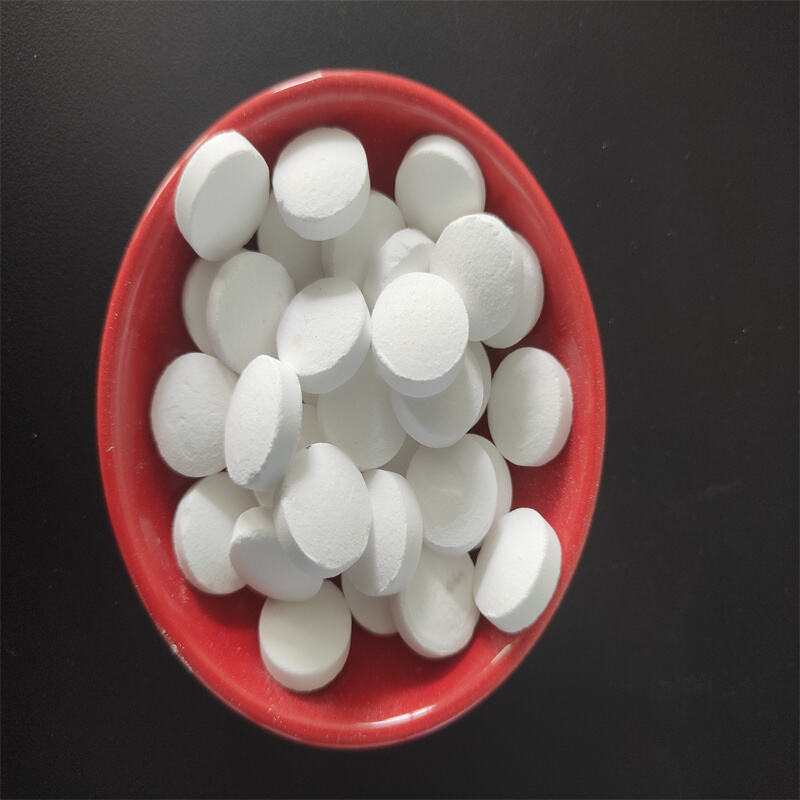 Sodium Dichloroisocyanurate (SDIC)
Sodium Dichloroisocyanurate (SDIC)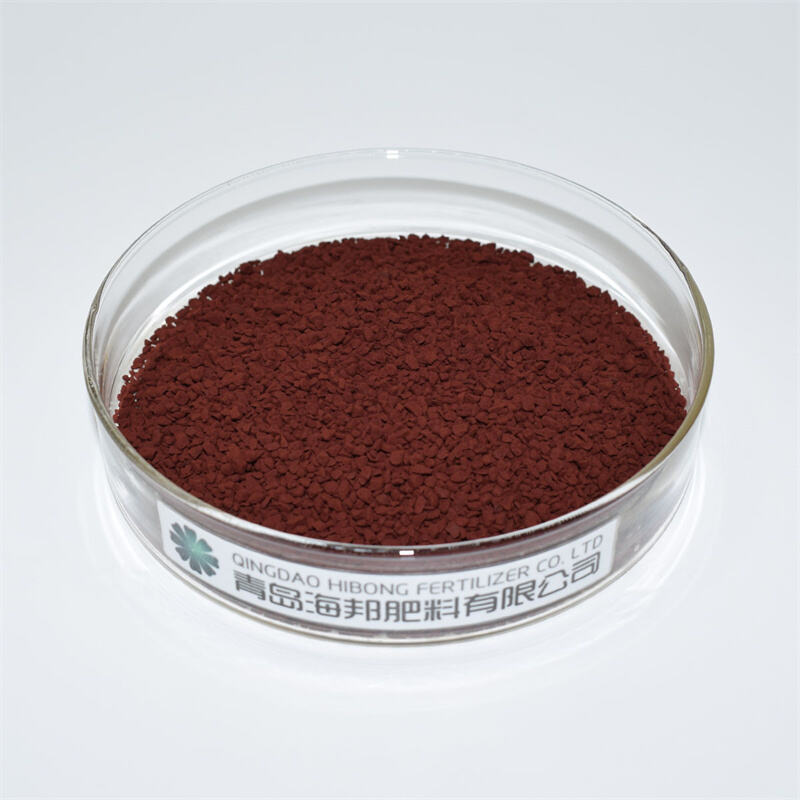 EDDHA Fe Powder
EDDHA Fe Powder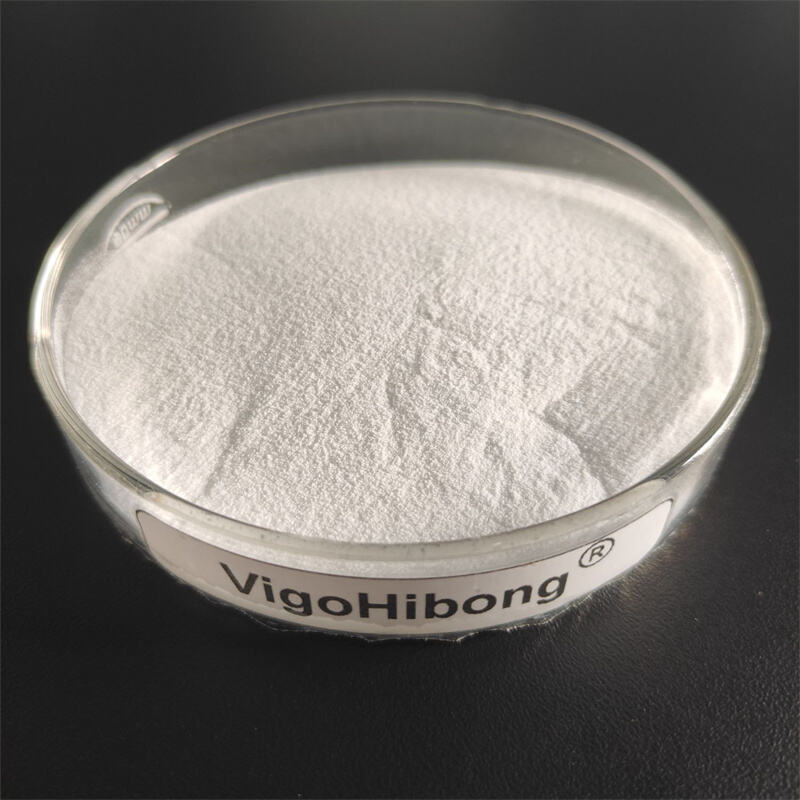 EDTA 2NA
EDTA 2NA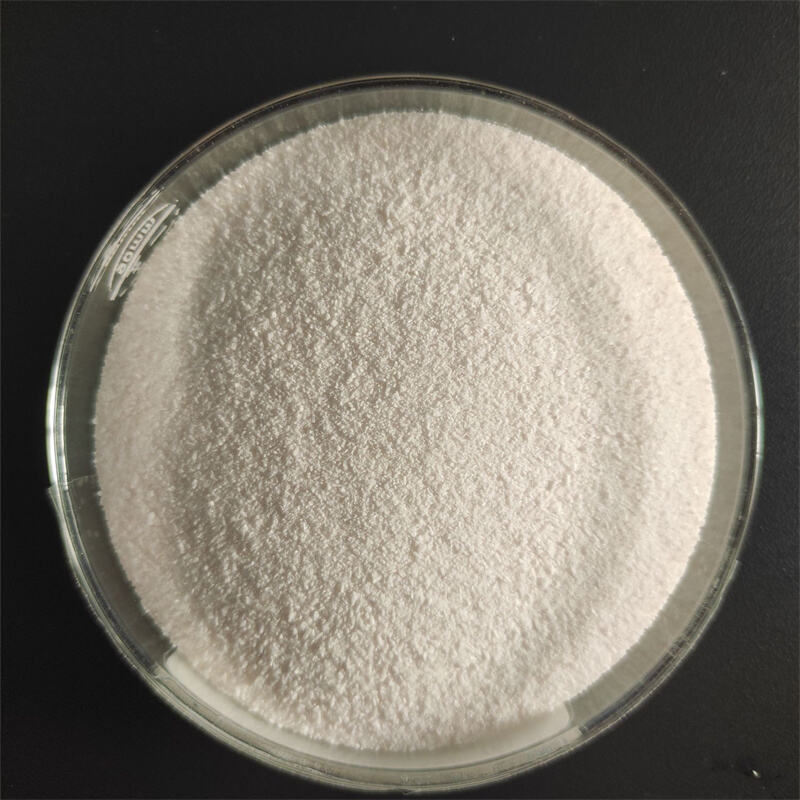 EDTA 4NA
EDTA 4NA 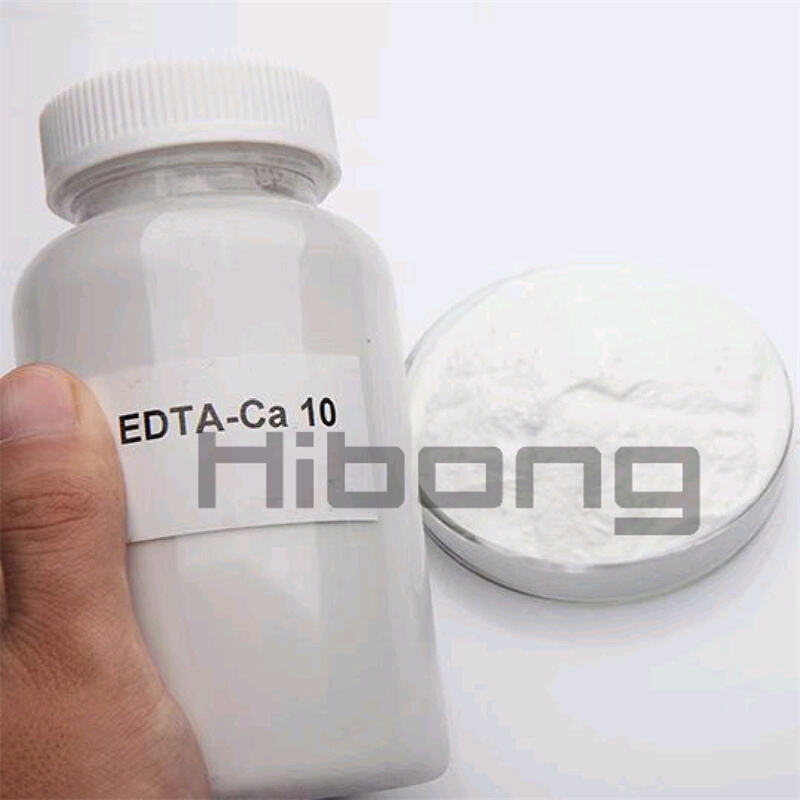 EDTA Ca
EDTA Ca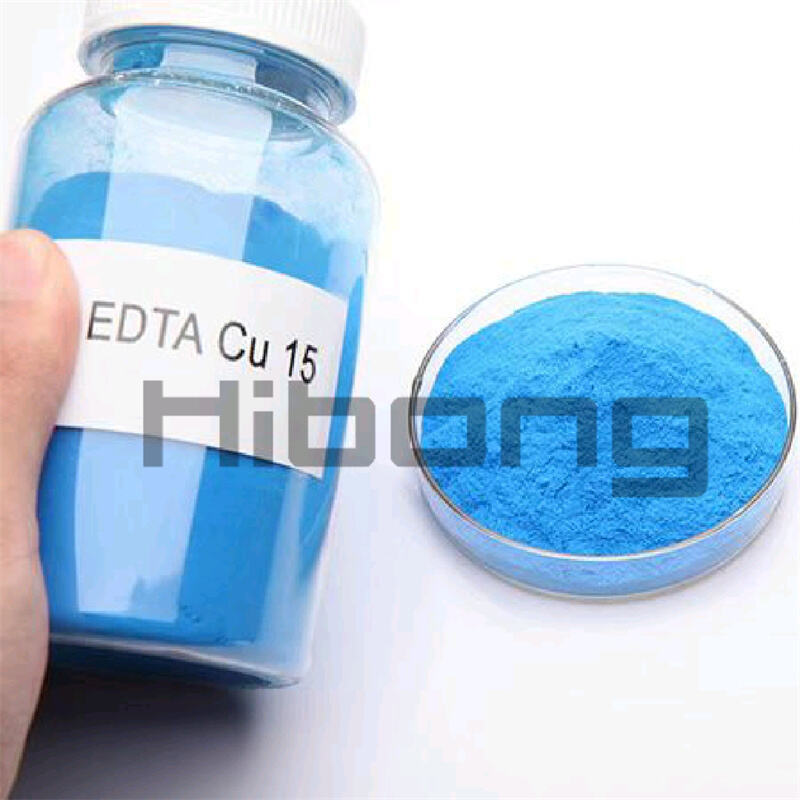 Edta Cu 13%
Edta Cu 13%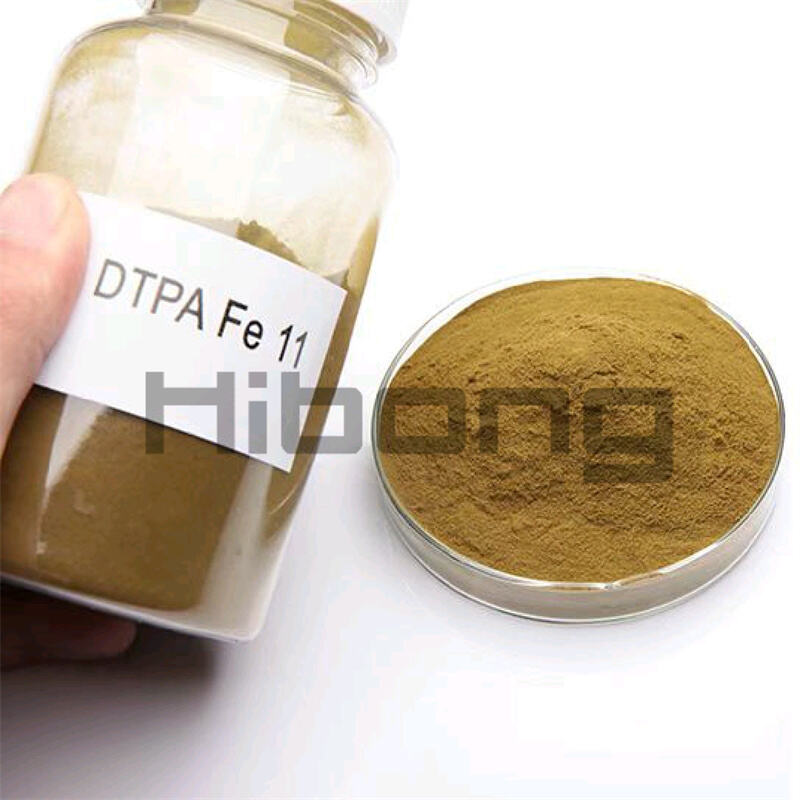 EDTA Fe
EDTA Fe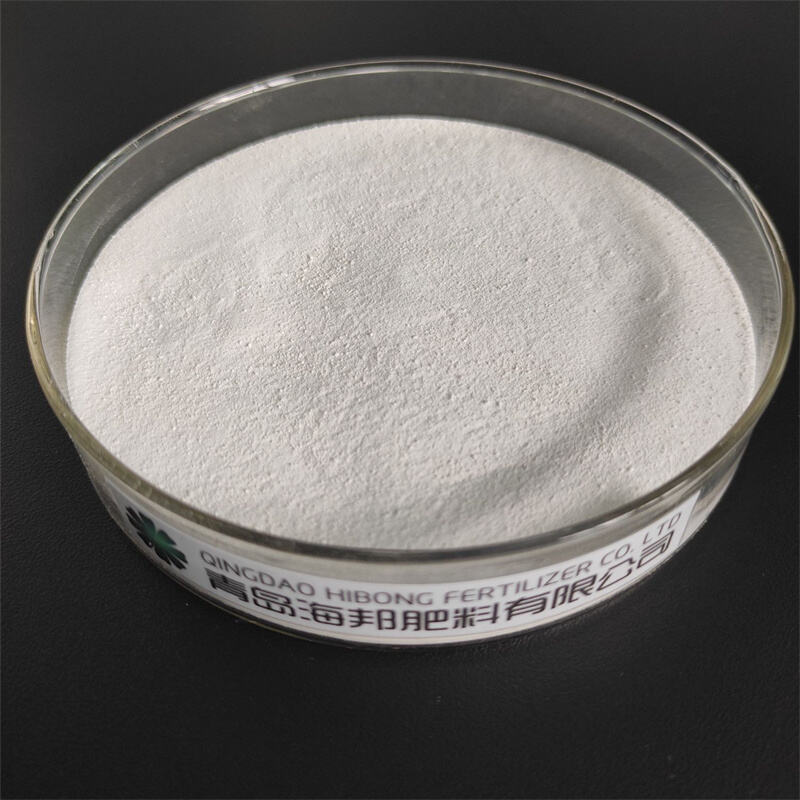 EDTA Mg
EDTA Mg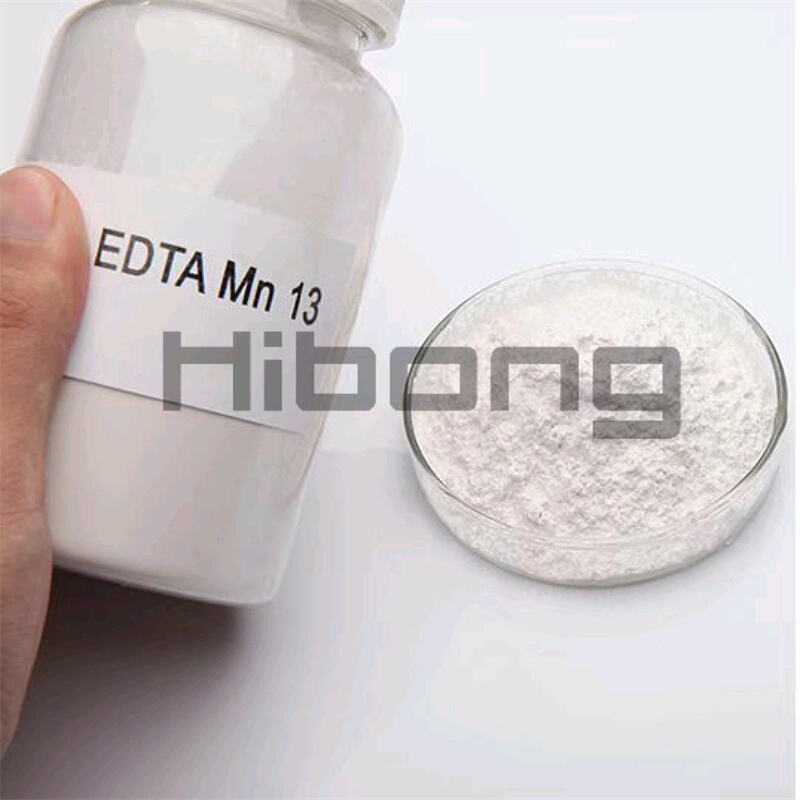 EDTA Mn
EDTA Mn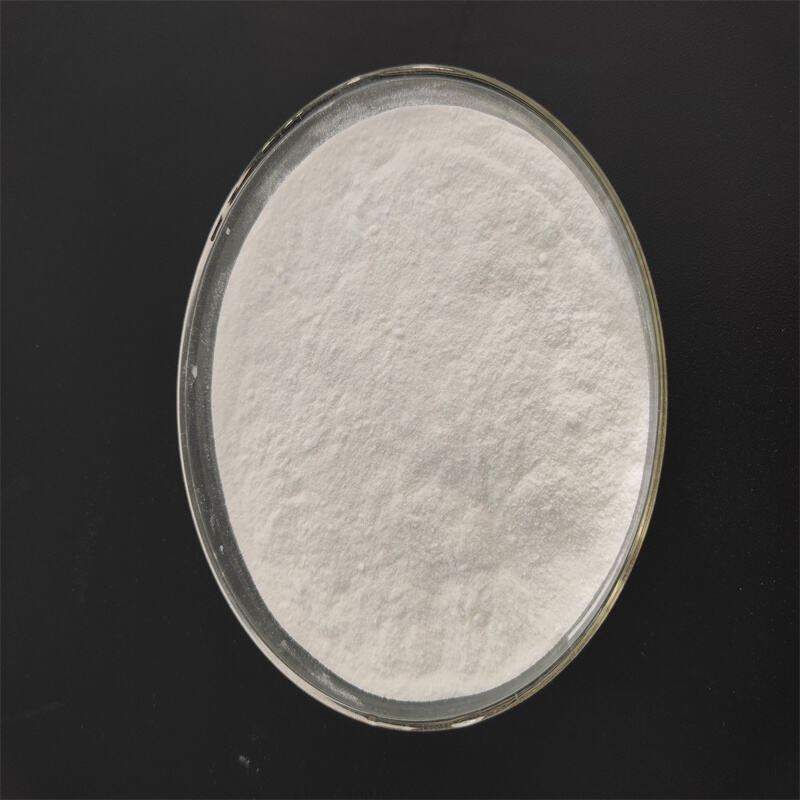 6-benzaminopurine(6BA)
6-benzaminopurine(6BA)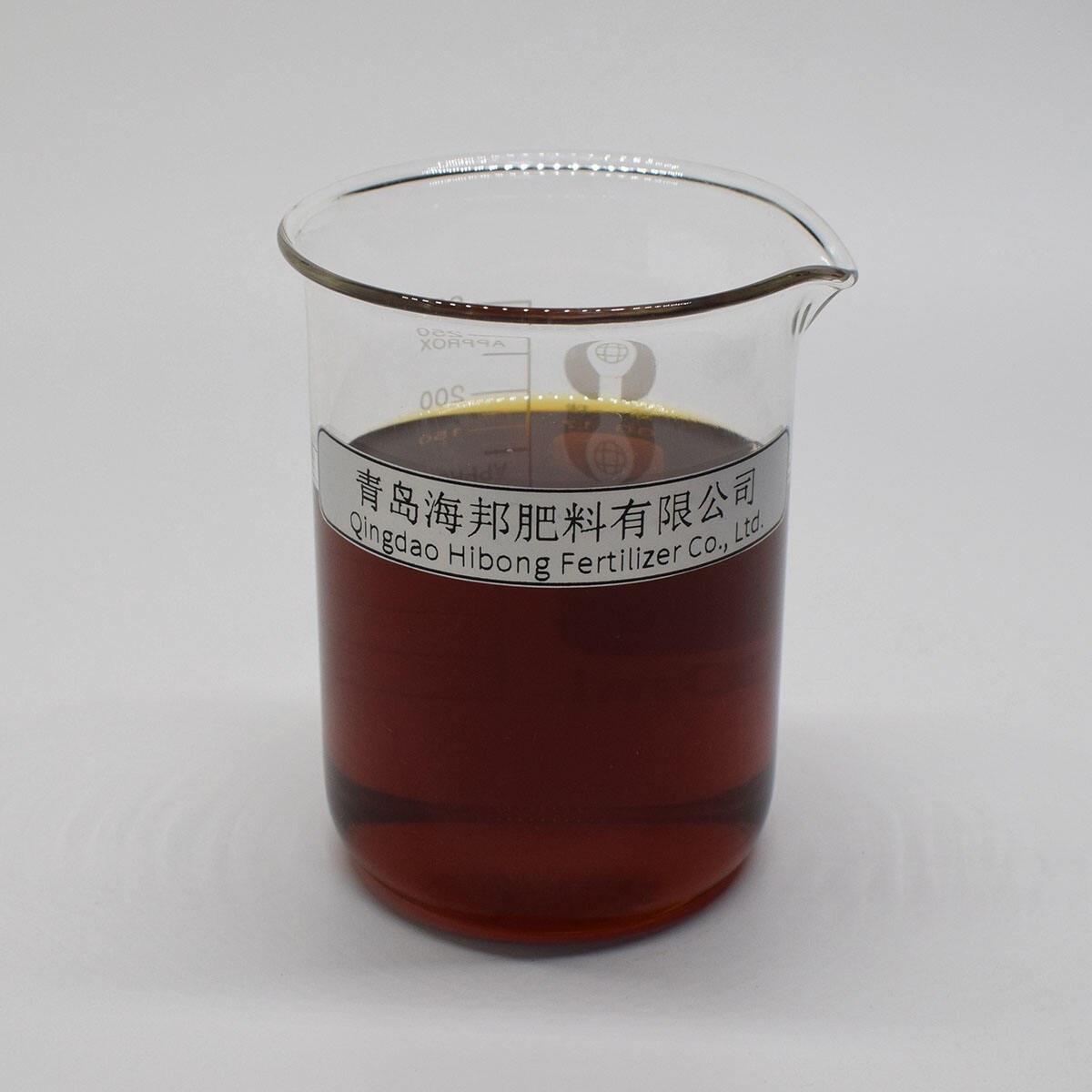 GA3 4% EC Liquid
GA3 4% EC Liquid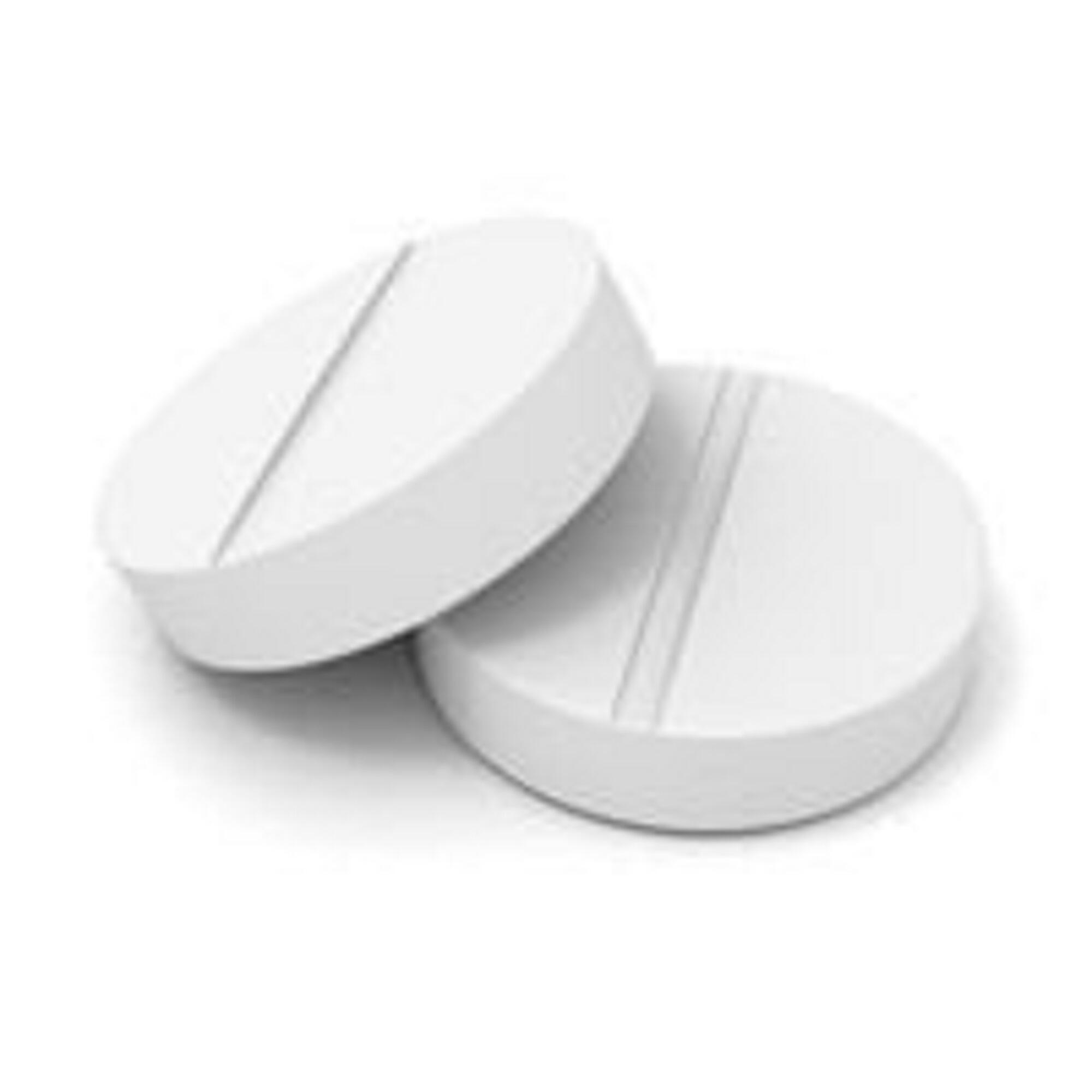 GA3 10% TB 10g Tablet
GA3 10% TB 10g Tablet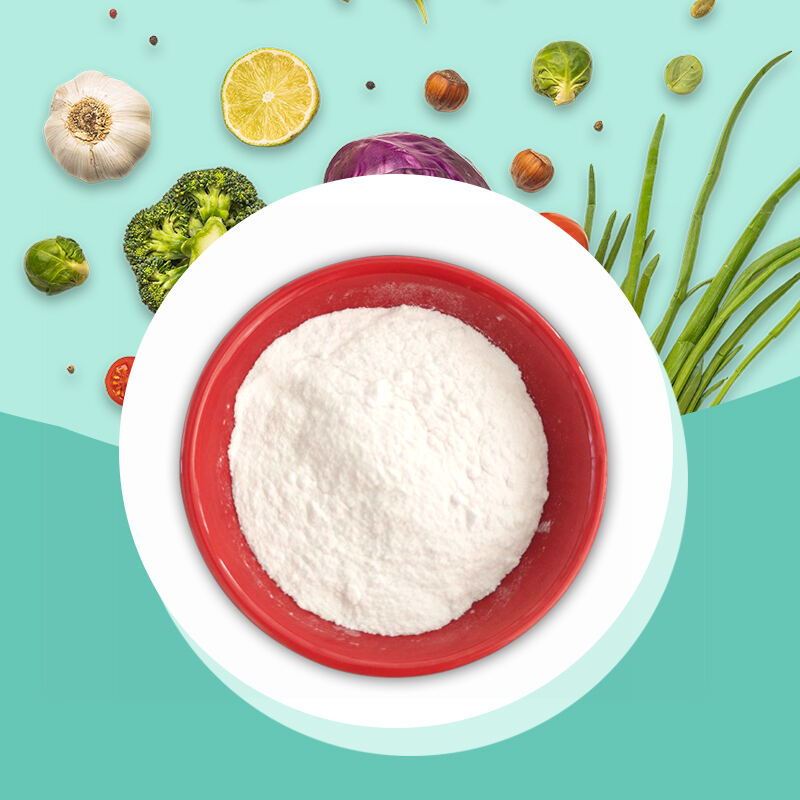 GA3 90% TC Powder
GA3 90% TC Powder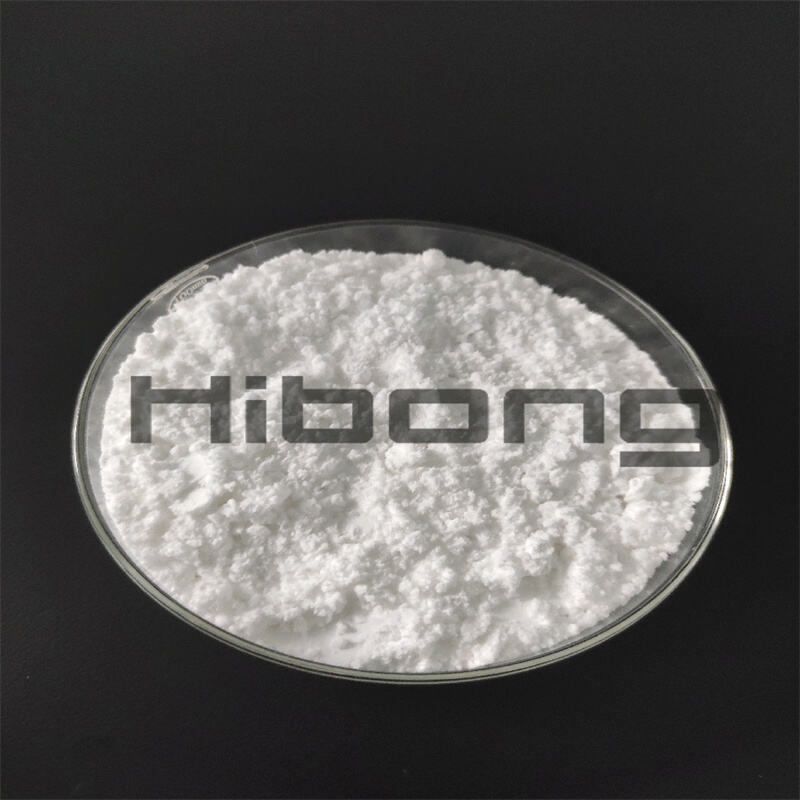 Diethylaminoethylhexanoate(DA6)
Diethylaminoethylhexanoate(DA6)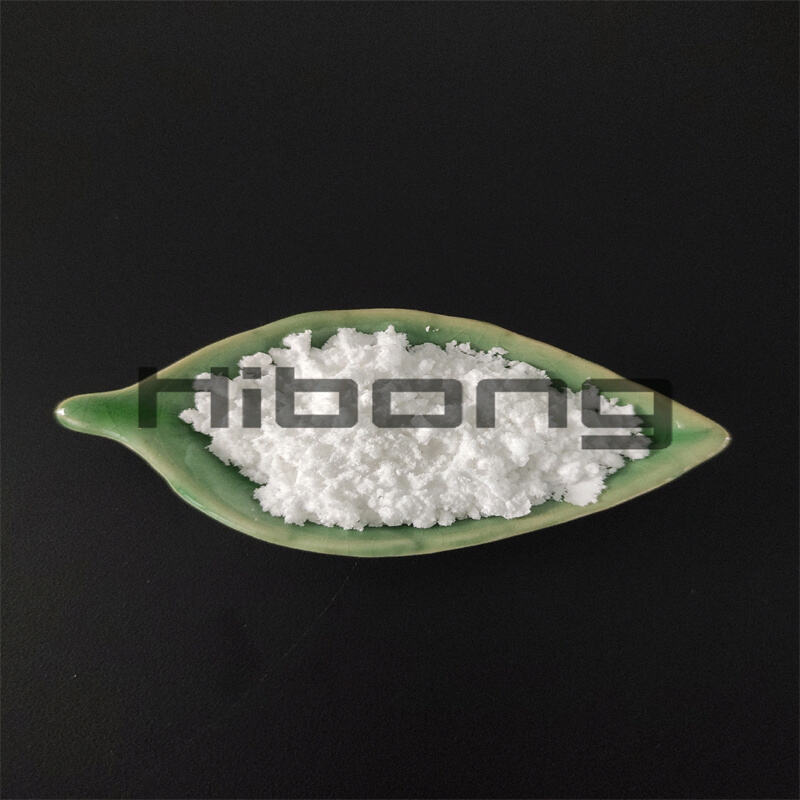 Paclobutrazol 15%WP powder
Paclobutrazol 15%WP powder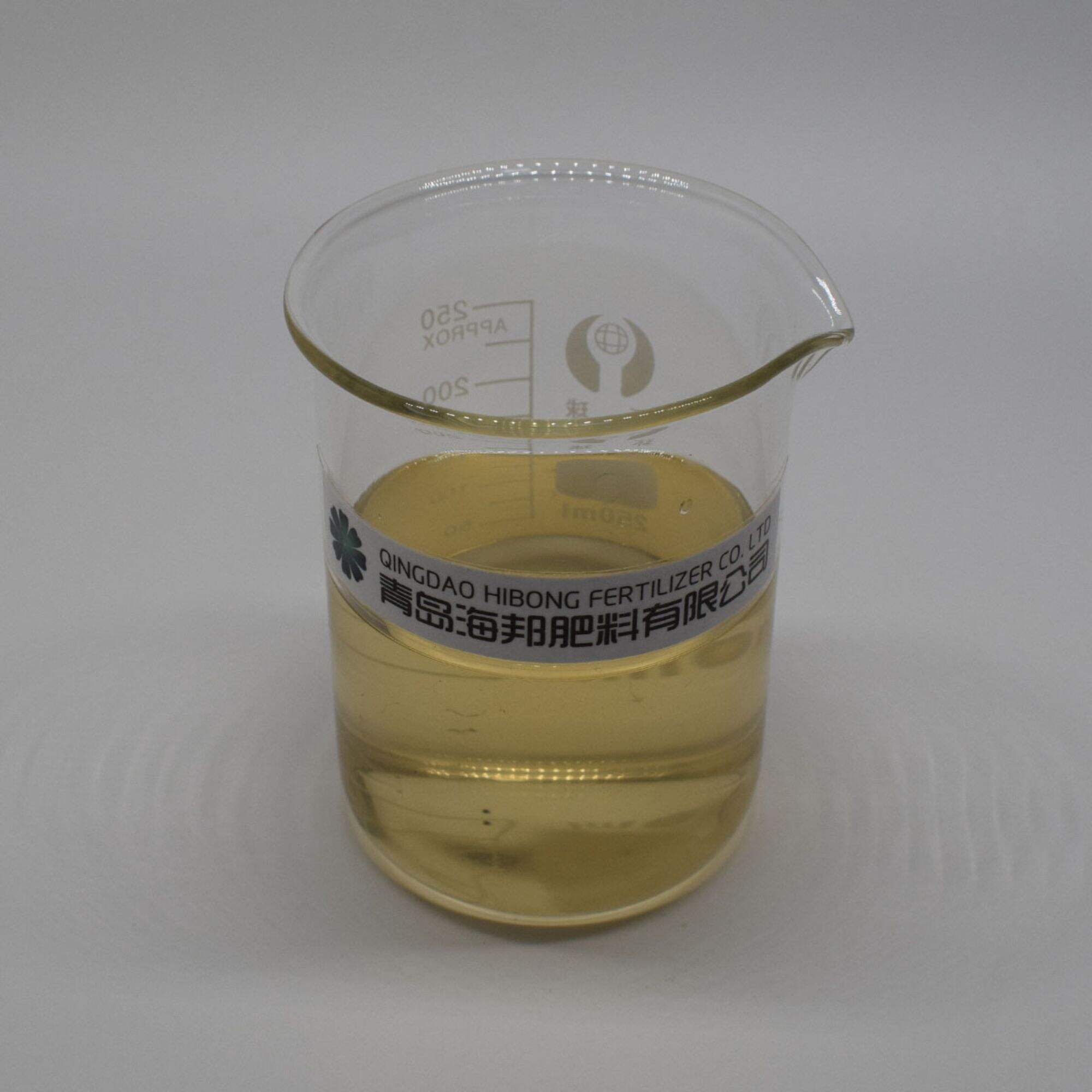 Paclobutrazol 25% suspension concentrate
Paclobutrazol 25% suspension concentrate
